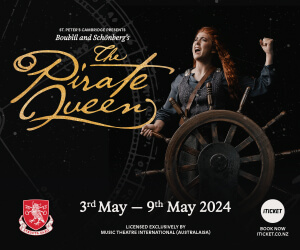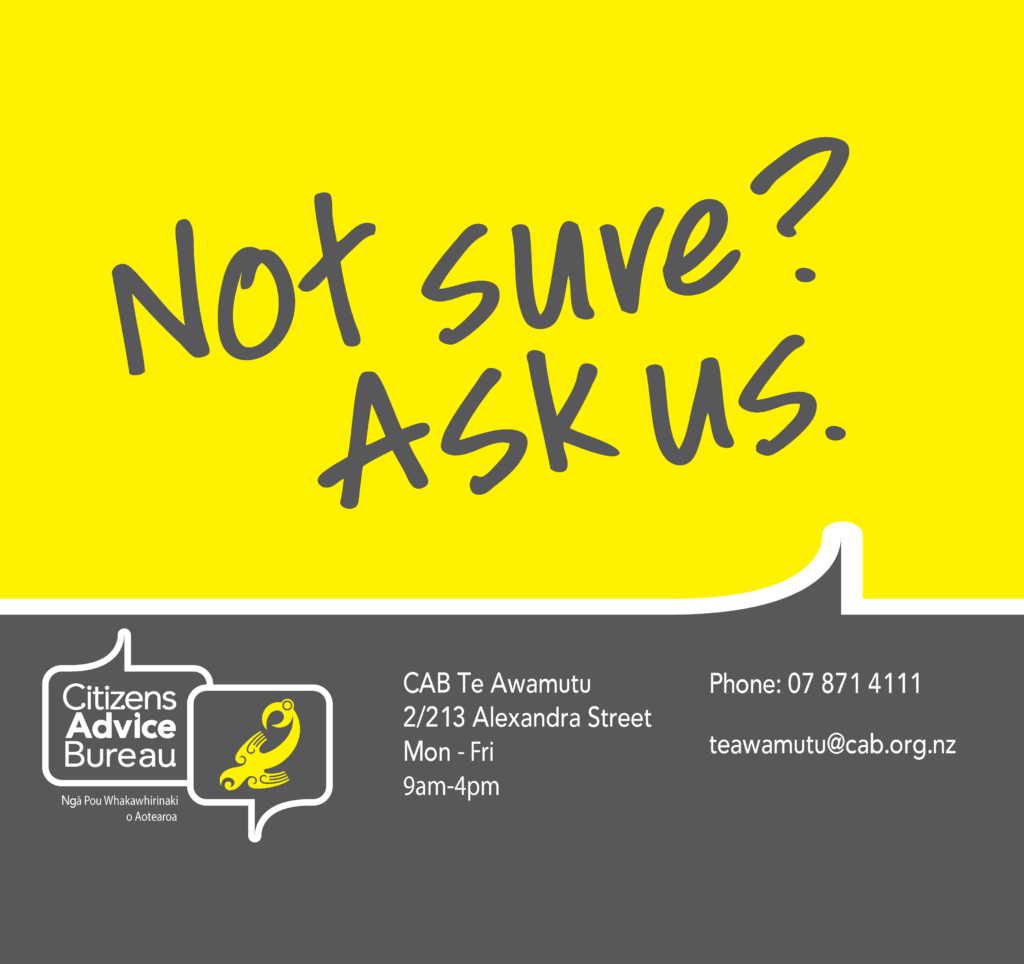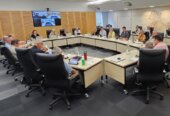
At the time of the controversial raid at Rangiaowhia 150 years ago, this illustration was presented under the headline “The defenders of New Zealand”.
Waipā schools are welcoming a change to the curriculum that will require students to have a greater understanding of local history.
“It is important, it is part of who we are. It is what makes our area unique and special. It is also about the relationships of the different groups involved,” Te Awamutu College head of history, Rebecca Legg said.
The details of the new curriculum were released earlier this month. It is called Aotearoa New Zealand’s histories/Te Takanga o Te Wā, it emphasises the importance of understanding local history and incorporates previously absent Māori perspectives.
“For me though, one of the most important things about New Zealand history in schools, is it does give us a better understanding of one another,” prime minister Jacinda Ardern said during her announcement.
The new curriculum is to be taught in schools from 2023 onwards. Legg said it brings a cohesive approach to learning history from years one through to year 10, something she says has previously lacked in the field.
“There are clear signposts of what students need to know at different levels of schooling,” she said.
Cambridge High School principal, Greg Thornton, also supports the change.
“I think it is fantastic to help us understand where we have come from in New Zealand,” he said.
“We are building towards an understanding, developing our own culture, our own perspectives and our own values on our roots.”
Both Legg and Thornton said that their peers share a similar passion for the new curriculum. Neither have any concerns with regard to implementation.
“The key ideas are being taught already. It is just going to be a matter of refining what we do, and making sure that the new parts of the history curriculum are embedded,” Legg said.
The new curriculum explores the diverse “histories and experiences of the peoples of Aotearoa New Zealand,” as well as how New Zealand has changed over time. The discussion of some sensitive topics is encouraged, including the impacts of colonisation, the Waikato Wars, and land confiscation.
Thornton said that it has previously been difficult for New Zealanders to value and understand the significance of our national history. He believes that now “there is a real readiness to engage in these stories.”
Legg shared a similar sentiment.
“I think the government have put in a good amount of time to get a good variety of people getting input into what the new curriculum will look like, that I think it actually reflects society today,” she said.
The full curriculum can be viewed on the Ministry of Education’s website: www.education.govt.nz









